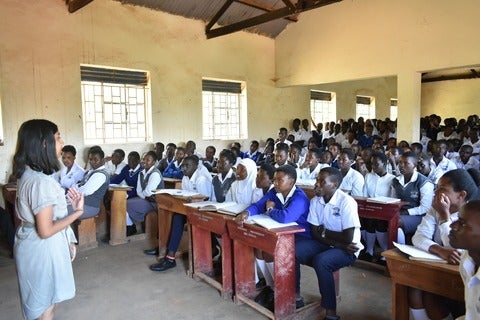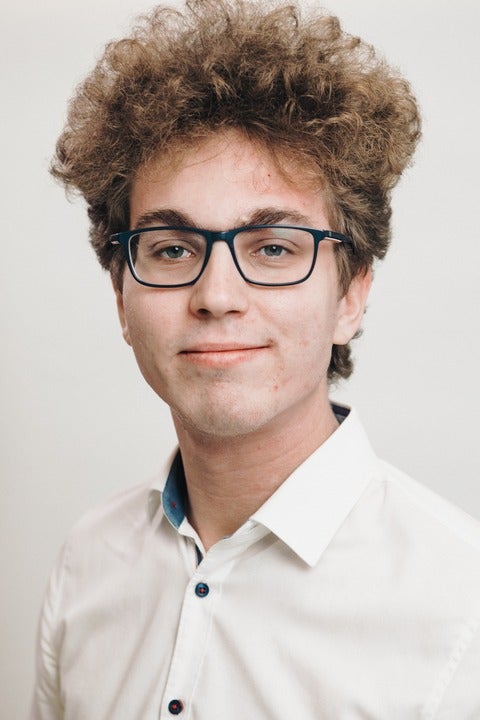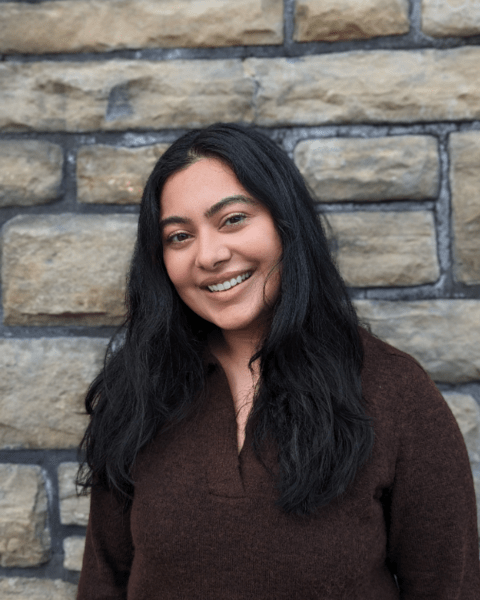Winding Roads: Alice Chu’s journey toward a fulfilling career
Alice Chu is accustomed to winding roads. Now an attorney and an entrepreneur who franchises bakehouse Hazukido throughout Canada, Alice’s experience studying at the University of Waterloo provided a foundation for the pursuit of her interests.
Alice, who attained a Bachelor of Arts and Business (ARBUS) in Peace and Conflict Studies (PACS) in 2018, recalled starting her degree as an Economics major. As her interest in Economics waned, she decided to take several courses from other programs. While in PACS courses, she “felt like the instructors and the professors were invested in their cohort and in their class.” Alice sought community during her time as an undergraduate student, and intimate class sizes were an important aspect of her undergraduate experience. The class sizes, alongside the program being aligned with her skillset, later motivated her to declare a PACS major.









